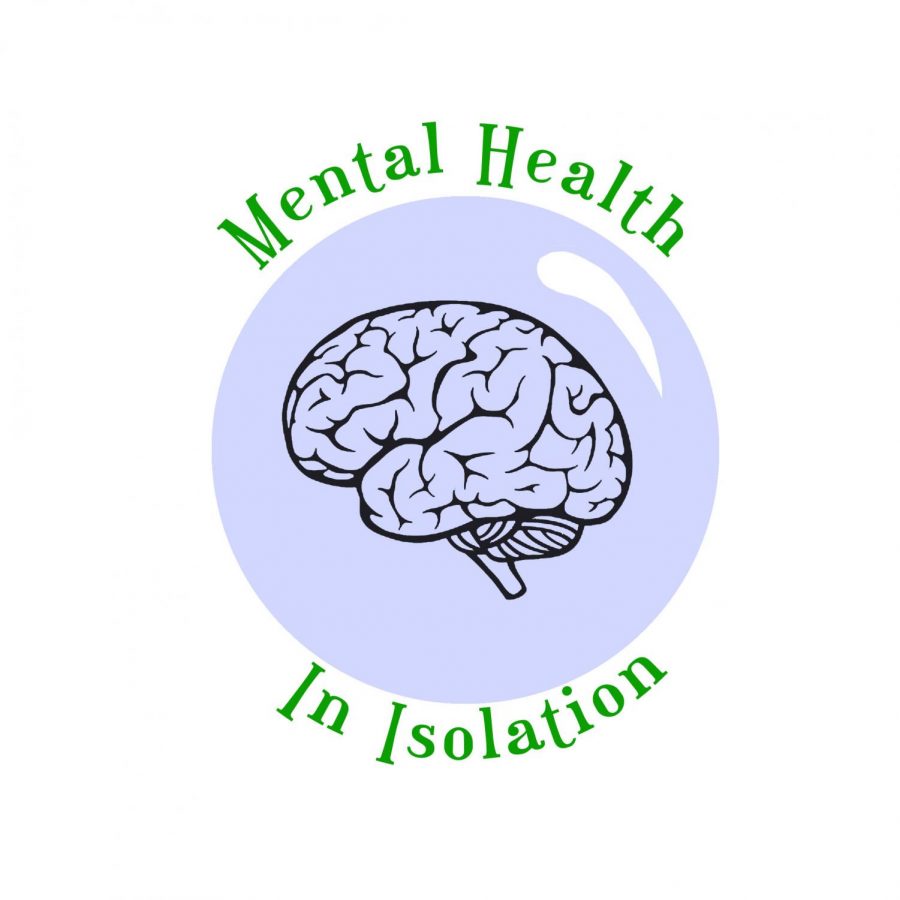Mental health in isolation
OCD is more than color coding
Photo by Bethany Mennecke
Obsessive compulsive disorder is a disorder pretty commonly talked about on social media, but it’s often portrayed as an individual simply liking things organized or color coding their schedule.
OCD is much more than that and can create a great deal of suffering for those with the disorder.
OCD often creates a pattern of unwanted thoughts and fears (obsessions) that lead the individual to have repetitive behaviors (compulsions), according to Mayo Clinic.
The individual can try to ignore the obsessions but that often increases their distress and anxiety.
Ultimately, the individual feels they need to perform compulsive acts to try to ease their stress, and despite their efforts to ignore or get rid of bothersome urges, they keep coming back.
Some symptoms of obsession can include:
- Fear of contamination or dirt
- Difficulty tolerating uncertainty
- Needs things done orderly and symmetrically
- Aggressive thoughts about losing control and harming themselves or others
- Unwanted thoughts including aggression, sexual or religious subjects
Some examples and symptoms of compulsions include:
- Hand-washing until skin becomes raw
- Checking doors repeatedly to make sure they’re locked
- Checking stove repeatedly to make sure it’s off
- Counting in certain patterns
- Silently repeating a prayer, word or phrase
- Arranging food, containers and other objects to face the same way
The International OCD Foundation has an informative page on how COVID-19 affects OCD symptoms.
For those struggling with contamination fears, the foundation suggests the individual should set a basic safety plan based on the recommendations of trusted health organizations, but not add to the list.
These plans can include the disinfection of surfaces once a day. It is important to focus on surfaces that get touched the most and think about whether the surface really needs to be cleaned.
For example, if no one has been over all day and the individual stayed home, it’s probably not necessary to disinfect the front doorknob.
For those who have perfectionism symptoms, it’s important to remember no one can protect themselves from COVID-19 perfectly.
Also, the health organizations aren’t thinking about people with OCD or other disorders when they set up public health guidelines. So it might be a good idea to talk to a trusted friend, family member or a therapist to see how these guidelines can fit into their life.
OCD is probably one of the most common disorders I see people claim they have, other than depression or anxiety.
While I believe it’s important to have an open dialogue about mental health and it’s perfectly normal to wonder if you have a certain disorder, it’s not okay to claim you have OCD just because you are organized.
It has never made much sense to me why someone would want to say they have a disorder when they don’t, especially when those disorders come with life-altering symptoms.
By doing this, it makes it seem to others that OCD isn’t “that bad” or someone with OCD can “get over it” easily, but that’s not the case.
There are multiple treatments for OCD. Some people find medication works well for them while others choose psychotherapy or a combination of both.
The international OCD foundation has an email, info@iocdf.org, for OCD resources and general questions.
If you or someone you know is going through a crisis, the national lifeline is 1-800-273-8255. There is also a crisis text line that can be reached by texting “NAMI” to 741-741.
Olson can be reached at Olsongm1225@uwec.edu.

Grace Olson is a fourth-year journalism student with a sociology minor and a WGSS certificate. She loves to explore Eau Claire, read, find new music and spend time with her friends and family! Grace will be graduating this December and while excited to finish up school, she is sad to say goodbye to The Spectator.

